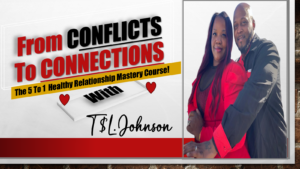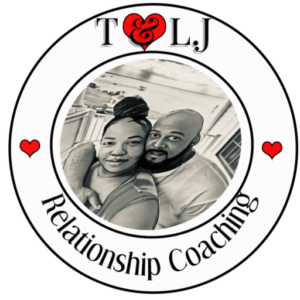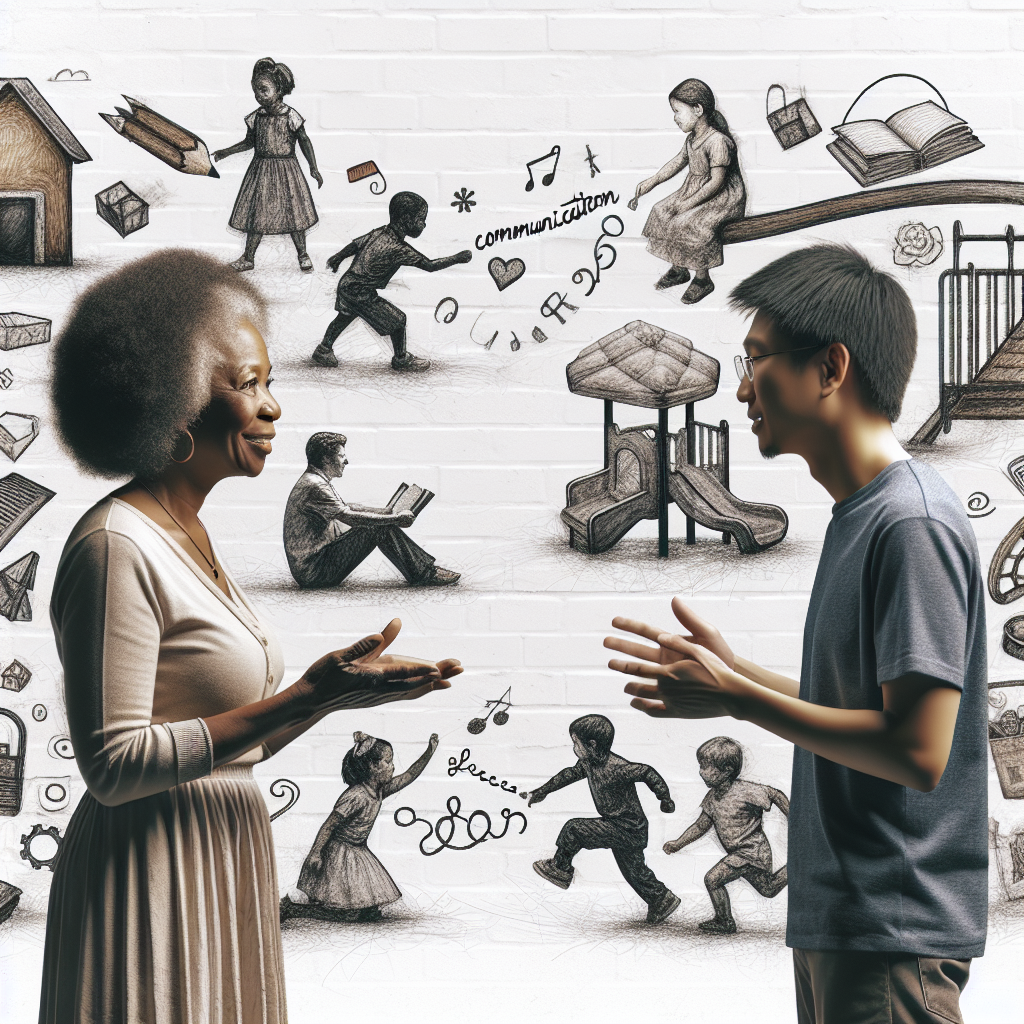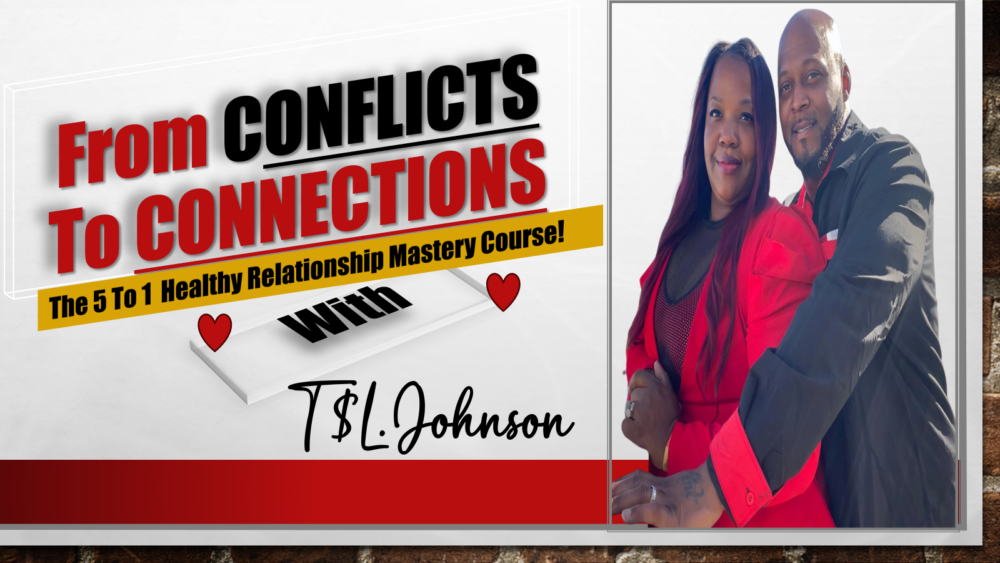Understanding Communication Styles Developed in Childhood
Foundation of Communication
When I think about how I communicate today, I can’t help but notice the roots that stretch all the way back to my childhood. Each family has a unique communication style that shapes its members. Whether it’s open dialogue or avoidance, these early lessons stick with us. For instance, I grew up in a house where sharing feelings was encouraged, which fostered my openness in adult relationships.
On the flip side, some friends of mine came from families where discussing emotions was a taboo. It’s fascinating how we can all react differently based on how we were raised. These styles become a part of our identity and influence how we interact and express our needs as adults.
It’s essential to recognize that understanding the foundation of these communication styles is the first step toward improving our adult relationships. Once we grasp where we came from, we can start to identify patterns and perhaps change them if they no longer serve us well.
How Childhood Experiences Shape Conflict Resolution
Learning to Manage Conflict
I distinctly remember my parents’ approach to resolving disagreements. They rarely raised their voices and would instead engage in calm discussions. I picked up on that and try to apply similar strategies in my adult relationships. Knowing how to address conflicts is sometimes more important than the conflict itself.
However, not everyone has the same experience. Some may have witnessed yelling and chaos during disputes, leading them to either mimic that behavior or flee from conflicts altogether. These childhood experiences create significant hurdles during adult disagreements, making it pivotal to recognize and tackle these patterns head-on.
Over the years, I’ve learned that our ability to resolve conflicts plays a critical role in the longevity and quality of our adult relationships. Embracing constructive conflict resolution can pave the way for healthier interactions, making it essential to revisit our past and learn from it.
The Role of Self-Expression in Relationships
Finding Your Voice
Self-expression is a tricky yet vital part of any relationship. Growing up, I was always encouraged to voice my opinions and feelings, which helped me develop a strong sense of self. In my adult relationships, this has enabled me to communicate my needs clearly. If I need more support, I feel empowered to express that, fostering a deeper connection with my partner.
In contrast, I have friends who struggle with expressing themselves due to their childhood experiences. They often feel unheard or believe their emotions are invalid. This can lead to misunderstandings and frustration in their adult relationships. Learning to convey our thoughts and feelings is not just a skill; it’s a journey deeply rooted in our formative years.
To improve on this front, I always recommend starting small. Regularly checking in with oneself, and practicing expressing emotions can create a safe space for open dialogue in adult relationships. It’s a skill that can be nurtured and grown over time.
Building Trust Through Communication
Embedding Trust in Conversations
Trust is the cornerstone of any meaningful relationship, and it all begins with how we communicate. I realized early on that being open and honest fosters trust, which is essential for maintaining strong bonds. In my experience, when both parties are willing to be vulnerable, the relationship flourishes.

On the contrary, if communication styles developed during childhood include dishonesty or withholding information, it can severely undermine trust in adult relationships. People who were taught to hide their feelings or lie to avoid conflict often struggle with intimacy as adults. It’s sad but a vital reality that many face.
To build trust, one must cultivate a willingness to be transparent. Trust-building conversations can deepen connections, helping to break down barriers that many of us may have unknowingly built during our formative years.
The Legacy of Family Dynamics in Adult Interactions
How Family Dynamics Influence Us
Family dynamics play a crucial role in shaping our communication styles. For me, coming from a close-knit family meant I learned the importance of loyalty and camaraderie. Those values translate into my adult interactions, leading me to cherish and nurture my relationships.
Yet, people from more detached families may find it challenging to engage deeply with others, resulting in relationships that lack intimacy. This dynamic can lead to recurring patterns where individuals subconsciously replicate their family’s interaction style, making it hard to break free.
To counteract this legacy, self-awareness is key. By recognizing how family dynamics affect our communication, we can begin to transform our relationships into what we truly desire. This reflection can lead to a healthier, happier adult life filled with meaningful connections.
FAQs
1. How can I identify my childhood communication style?
Take some time to reflect on your family dynamics. Think about how your parents communicated with each other and with you. Journaling can also help uncover patterns and experiences that highlight your style.
2. Can I change my communication style as an adult?
Absolutely! Becoming aware of your habits is the first step. With practice, you can adopt new styles that better serve your relationships and personal growth.
3. What can I do if I struggle to express myself in relationships?
Start small. Practice sharing your thoughts and emotions in low-stakes situations, and gradually build up to more significant matters. Support from friends or a therapist can also be beneficial.
4. How does conflict resolution affect my relationships?
Good conflict resolution can strengthen relationships by enhancing trust and understanding. It shows that you can work through problems together, which is essential in any partnership.
5. What role does trust play in communication?
Trust is vital for open dialogue. When both parties feel safe and respected, they are more likely to communicate honestly, which builds a stronger and healthier relationship.

Schedule Your First 20-Minute Coaching
Call With Us Today to see if we fit . You pick the price!
Click Here






